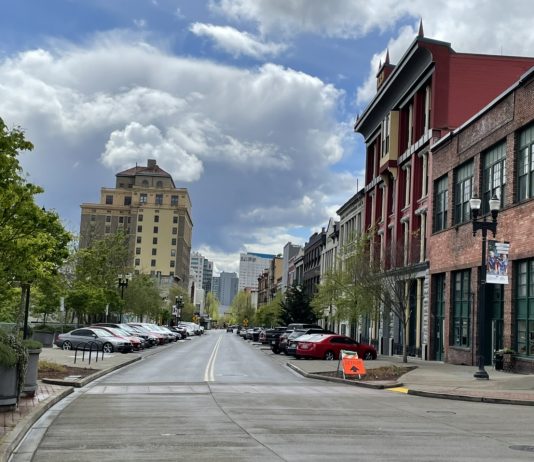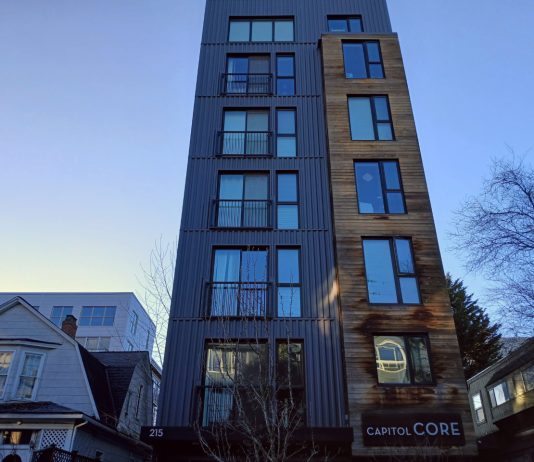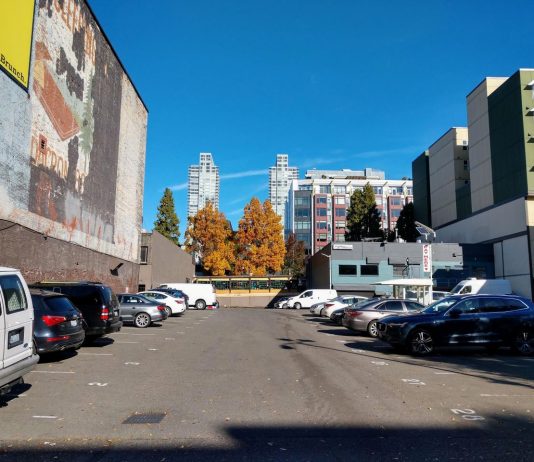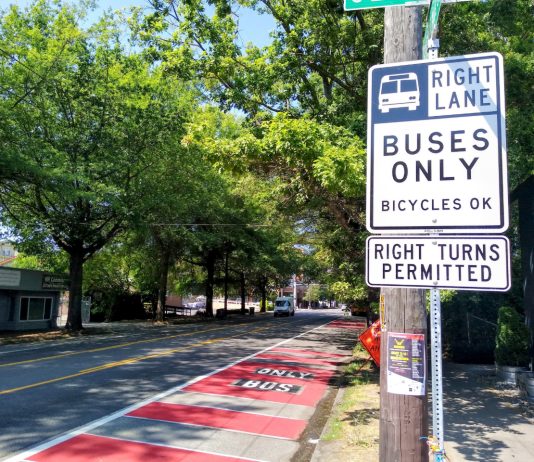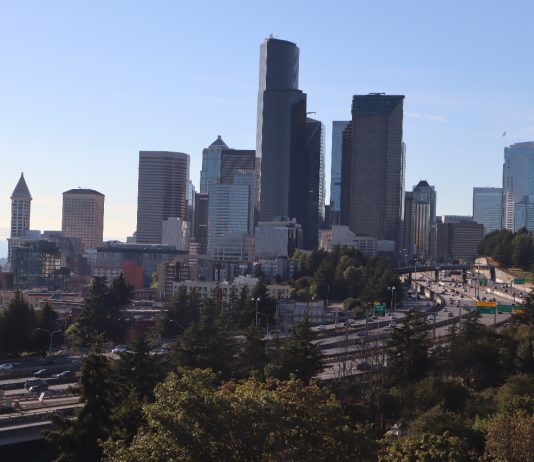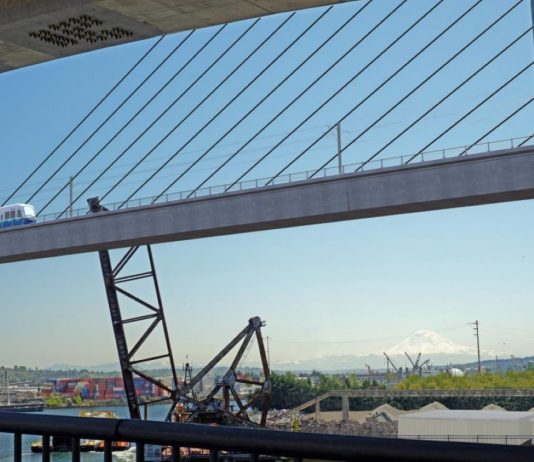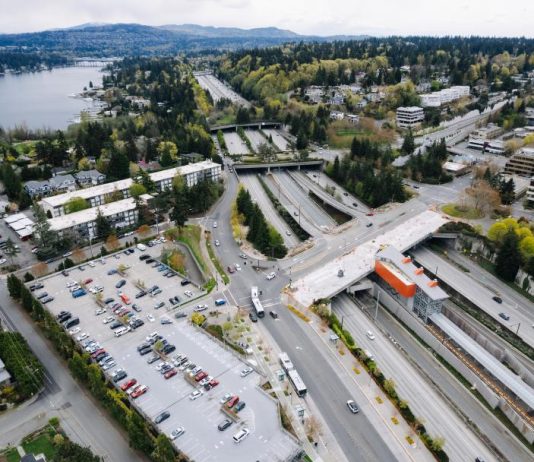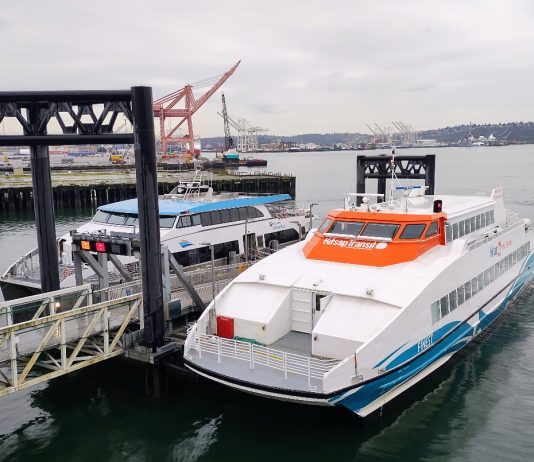Ryan Packer
696 POSTS
0 COMMENTS
Ryan Packer has been writing for The Urbanist since 2015, and currently reports full-time as Contributing Editor. Their beats are transportation, land use, public space, traffic safety, and obscure community meetings. Packer has also reported for other regional outlets including BikePortland, Seattle Met, and PubliCola. They live in the Capitol Hill neighborhood of Seattle.
The permanent renewal of Tacoma's Streets Initiative would enable the city to make significant progress on overhauling its most dangerous streets, and significantly expand safe bicycle infrastructure. The ballot measure goes to voters in an April 22 special election.
Senate Bill 5156, approved by the Washington Senate this week, could open the door to more accessible small apartment buildings built around smaller European-style elevators, reducing overall housing costs at the same time.
Though it was amended to exclude cities with less than 20,000 residents, Senate Bill 5184 still represents one of the most robust statewide parking reform packages to move forward in any state. It now must pass the House.
Framed as a way to increase the efficiency of new transit lanes being eyed for the RapidRide K Line, the move could give transit agencies across the state less control over one of the biggest tools they have to increase speed and reliability.
The appeals, filed by residents in Madison Park, Mount Baker, and Hawthorne Hills, seek to require additional environmental review, pushing back the City's plan to allow more housing.
Seattle's land use code is ill-equipped to handle the scale of permits that will be required to approve the city's next light rail lines. This proposed overhaul is intended to ensure transit remains on schedule.
Futurewise is challenging the validity of Mercer Island's Comprehensive Plan, alleging it's out of alignment with a number of state housing policies, including a requirement to maximize the area around its forthcoming light rail station.
With an eye toward adding new passenger ferry service by 2026, HB 1923 would expand the number of transit agencies able to operate foot ferries, and also set up a new state grant to fund them.

